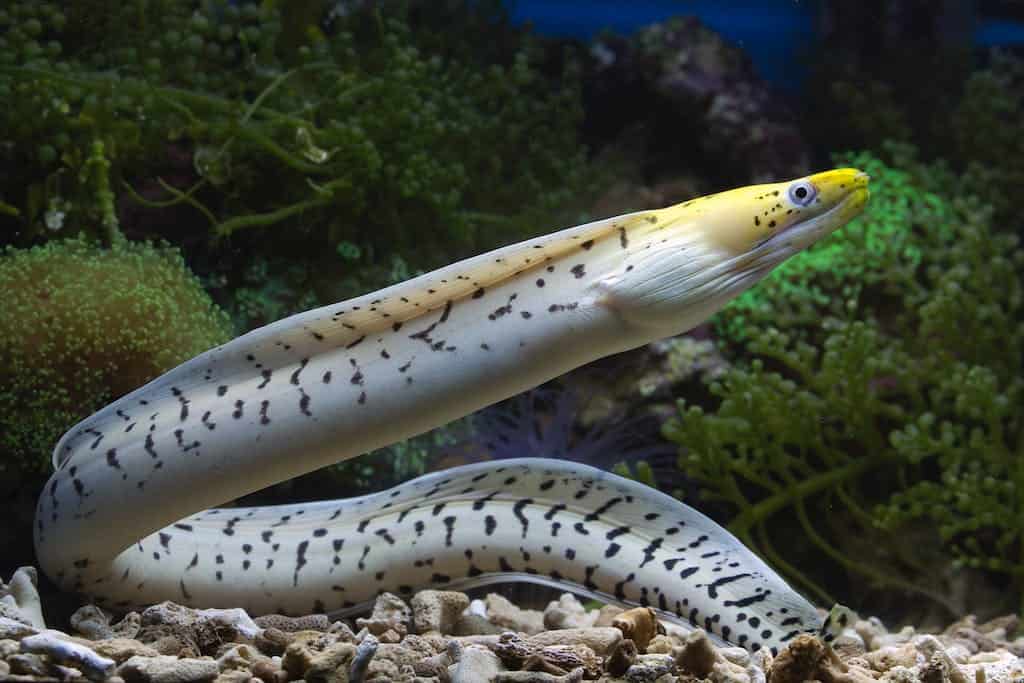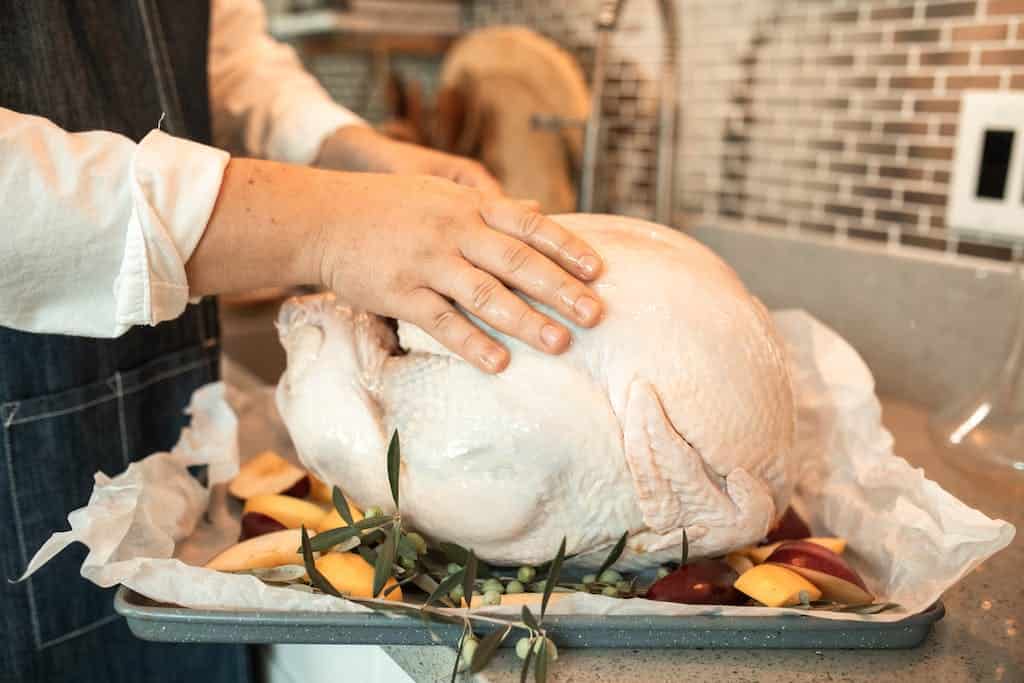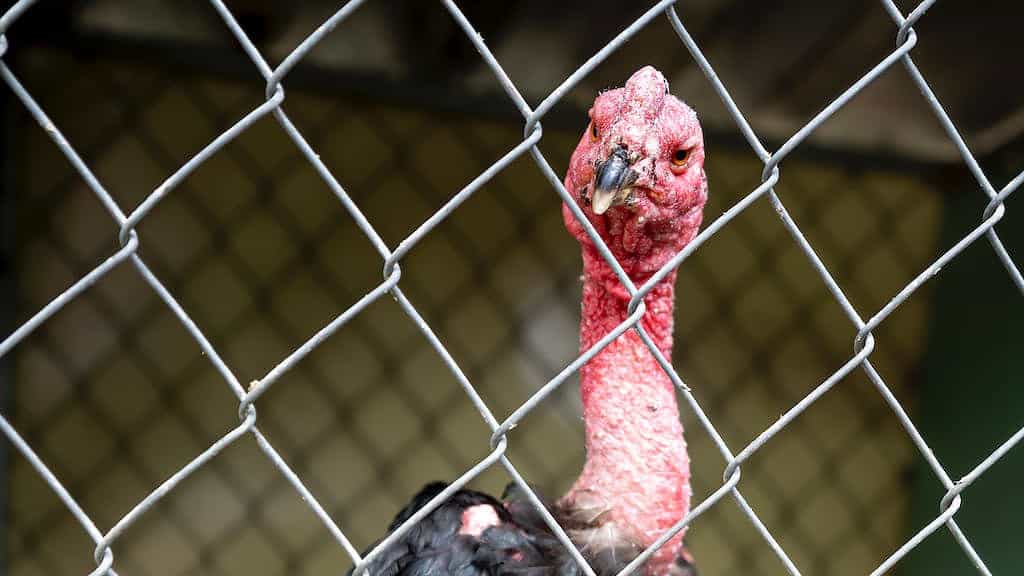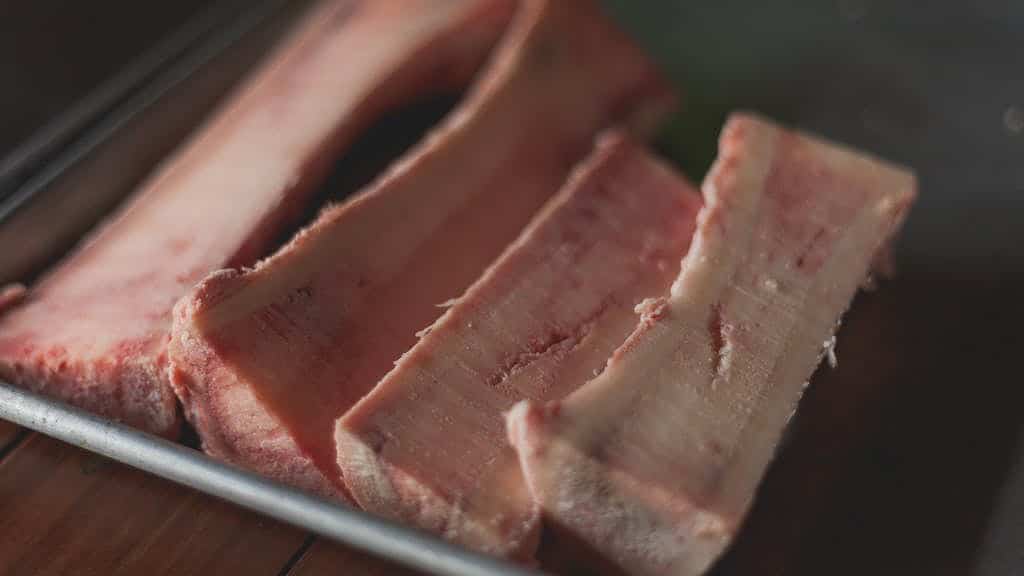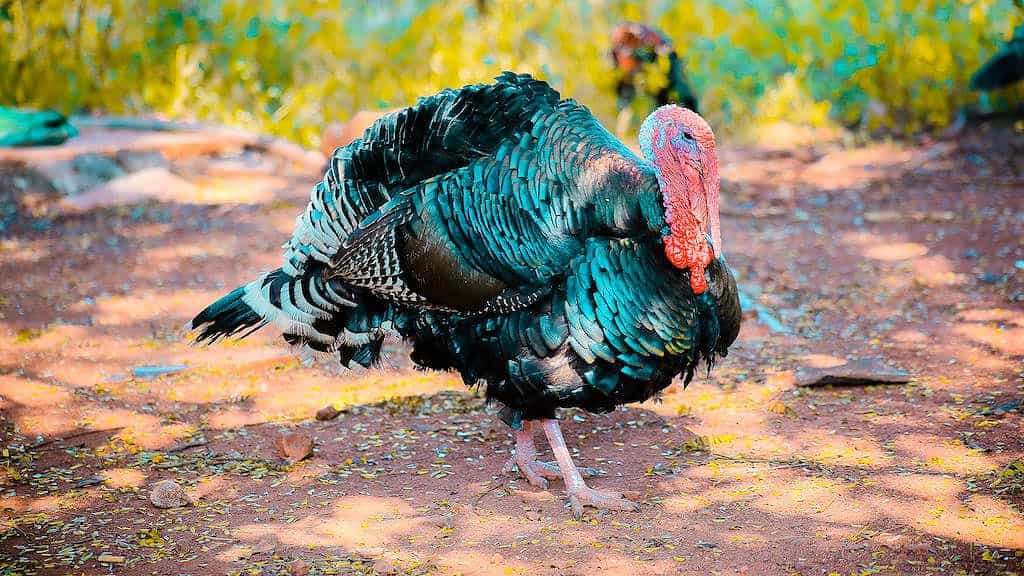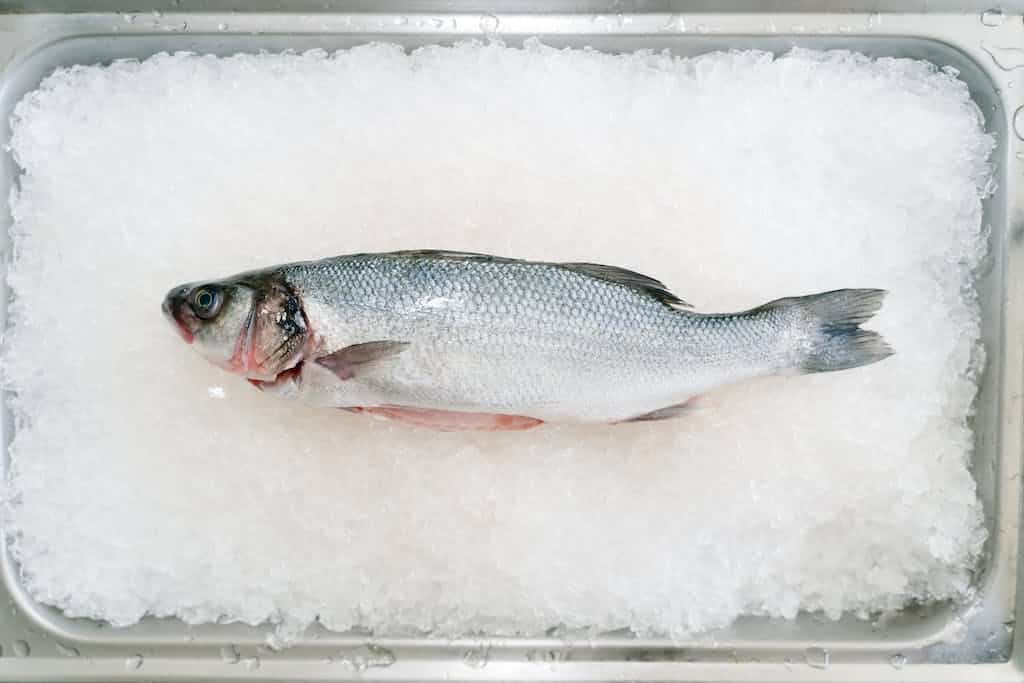Key Takeaways
- Dogs can safely eat cooked eel in moderate amounts as an occasional treat.
- Eel is a good source of protein, omega-3 fatty acids, and essential vitamins for dogs.
- Raw or uncooked eel should never be fed to dogs due to potential bacteria and parasites.
- Remove all bones, skin, and possible seasoning from eel before giving it to dogs.
- Consult with your veterinarian before introducing eel to your dog’s diet, especially if they have any health conditions.
- Monitor your dog for any signs of adverse reactions or digestive issues after consuming eel.
- Ensure eel is only a small part of a balanced diet for your dog, mainly consisting of specially formulated dog food.
- Always introduce new foods gradually to avoid digestive upsets in dogs.
- Observe your dog’s preferences and reactions to eel and adjust accordingly.
- Individual dogs may have allergies, so watch out for any allergic reactions when introducing eel or any new food.
Summary
Can dogs eat eel? Yes, dogs can eat eel in small amounts. However, it is important to be cautious due to potential risks. This article explores the nutritional benefits and potential risks associated with feeding eel to dogs. It also provides guidance on how to safely incorporate eel into their diet and highlights alternative options for a balanced canine diet. Whether you’re considering introducing eel to your dog’s meals or simply curious about what other foods are safe for them, this article is worth reading for a comprehensive understanding of canines and eel consumption.

Is Eel Safe for Dogs?
While dogs can eat certain types of fish, eel should be approached with caution. While eel is not toxic to dogs, it can pose some risks. The biggest concern is the potential for bones in the eel. These small and sharp bones can cause choking hazards or obstructions in a dog’s digestive tract. Therefore, it is advisable to remove all bones from the eel before feeding it to your dog. Additionally, eel is known to be high in fat content, which can lead to pancreatitis or digestive issues if consumed regularly or in large quantities.
Potential Health Benefits
If fed in moderation and boneless, eel can offer some health benefits to dogs. Eel is a good source of protein, omega-3 fatty acids, and essential minerals like phosphorus, potassium, and calcium. These nutrients can support your dog’s immune system, promote healthy skin and coat, and contribute to overall well-being. However, it’s crucial to remember that a balanced diet for your dog should consist of various protein sources, and eel should not be the sole component of their meals.
Preparing Eel for Dogs
When preparing eel for your dog, it is crucial to remove the skin, bones, and entrails thoroughly. Eel skin may pose a choking hazard, and the bones can cause serious digestive issues. Keep in mind that dogs can have varying sensitivities and allergies, so it is recommended to consult with your veterinarian before introducing any new food into your dog’s diet. It’s always better to be safe than sorry, as some dogs may have adverse reactions or intolerances to certain types of fish.
Alternatives to Feeding Eel
If you’re looking for alternative fish options that are safer for dogs, consider fish like salmon, trout, or whitefish. These fish are low in mercury and usually have fewer bones. However, it’s crucial to cook the fish properly without using any seasonings, oils, or added ingredients that may be harmful to your dog. Additionally, you can discuss with your vet about specialized dog food products that contain fish as a safe and balanced protein source for your furry friend.
Signs of Eel-induced Health Problems
It’s essential to be aware of any signs that may indicate your dog is experiencing health issues after eating eel. Watch out for symptoms like vomiting, diarrhea, abdominal pain, loss of appetite, or difficulty breathing. If you notice any of these signs or have concerns about your dog’s health, it’s best to contact your veterinarian for guidance and professional advice.
Quick Recap
Eel can potentially provide some health benefits to dogs if prepared boneless and in moderation. However, it is crucial to remove all bones before feeding it to your dog to avoid choking hazards or digestive issues. Remember to consult your veterinarian before introducing any new food into your dog’s diet and always keep an eye out for any adverse reactions or health problems. When in doubt, stick to safer fish options or specialized dog food products containing fish as a well-regulated protein source.
Recipes and Alternatives to eel for dogs
Eel is not recommended for dogs as it can be potentially harmful to their health. However, there are several alternative foods that are safe and nutritious for dogs:
Frequently Asked Questions – Can Dogs Eat Eel?
1. Is it safe for dogs to eat eel?
Yes, it is generally safe for dogs to eat eel. Eel is a type of fish that is safe for canine consumption as long as it is properly prepared, cooked, and boneless.
2. Are there any benefits to feeding dogs eel?
Eel can be a nutritious addition to a dog’s diet. It is a good source of protein, omega-3 fatty acids, and essential minerals such as potassium, selenium, and magnesium. These nutrients contribute to a healthy skin and coat, improved joint health, and overall well-being in dogs.
3. Can all dogs eat eel?
While most dogs can safely eat eel, it is always important to consider individual dietary needs and any allergies or sensitivities your dog may have. Consult with your veterinarian before introducing eel or any new food item into your dog’s diet.
4. How should eel be prepared for dogs?
Eel should be thoroughly cooked before offering it to your dog. Grilling, baking, or steaming are preferred methods of preparation to ensure the fish is fully cooked and free from harmful bacteria. Additionally, all small and fine bones should be removed to avoid any choking hazards.
5. Can dogs eat raw eel?
No, it is not recommended to feed dogs raw eel. Raw fish carries the risk of parasites and bacterial infections that can be harmful to dogs. Cooking the eel properly ensures the elimination of any potential health hazards.
6. How much eel can I give my dog?
The amount of eel to feed your dog depends on their size, weight, and overall dietary requirements. It is generally recommended to serve eel as an occasional treat or part of a balanced diet, making up no more than 10% of their daily calorie intake. Always monitor your dog’s reaction when introducing a new food and adjust the serving size accordingly.
7. Are there any risks associated with feeding dogs eel?
While eel is generally safe for dogs, there are a few risks to be aware of. Firstly, eel should be boneless to prevent choking hazards and gastrointestinal issues. Secondly, some dogs may be allergic to fish. If you notice any unusual symptoms, such as itching, vomiting, or diarrhea, discontinue feeding eel and consult your veterinarian.
8. Can dogs eat other types of fish?
Yes, many types of fish are safe for dogs to eat, including salmon, trout, and sardines. Fish is a great source of protein and beneficial nutrients for dogs. However, always cook the fish thoroughly and remove any bones before offering it to your dog.
9. What other foods should dogs avoid?
While eel is safe when properly prepared, there are several foods that dogs should avoid. These include chocolate, onions, garlic, grapes, raisins, avocados, alcohol, caffeine, and certain artificial sweeteners like xylitol. These foods can be toxic to dogs and should be kept out of their reach.
10. When in doubt, should I consult my veterinarian?
Absolutely! It is always a good idea to consult your veterinarian when introducing new foods into your dog’s diet or if you have any concerns or questions. They can provide specific guidance based on your dog’s individual needs and health conditions.
Conclusion
After considering the information presented, it can be concluded that dogs can eat eel but with certain precautions. Eel is not toxic to dogs and can be a good source of lean protein and essential nutrients. However, it is important to ensure that the eel is cooked thoroughly to eliminate any potential parasites or bacteria that can be harmful to dogs. Additionally, the eel should be served in moderation and as part of a balanced diet. As every dog is different, consulting with a veterinarian is highly recommended before introducing any new food into your dog’s diet. By following these guidelines, dogs can safely enjoy the occasional serving of cooked eel as a treat.
📚 Sources:
